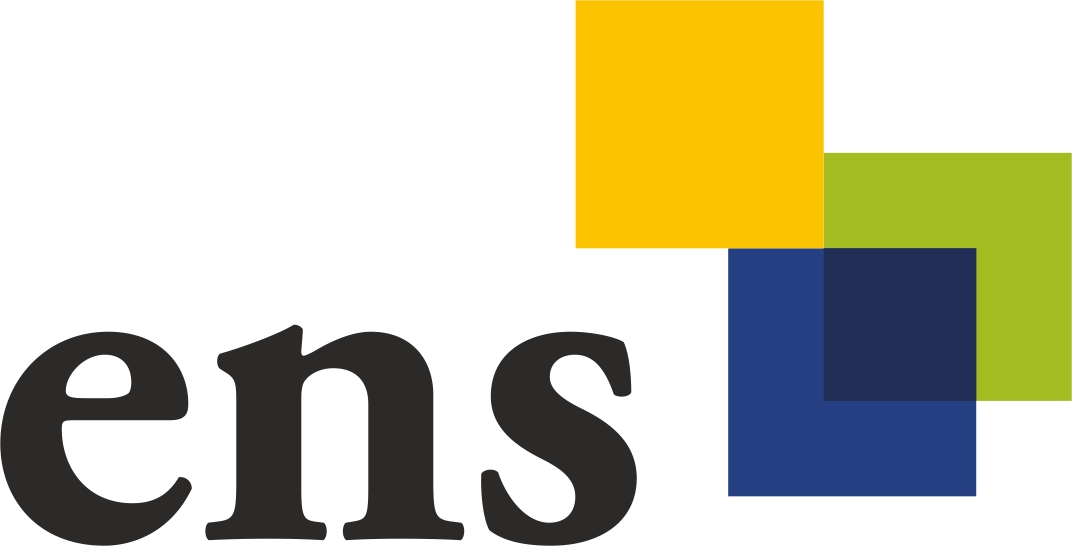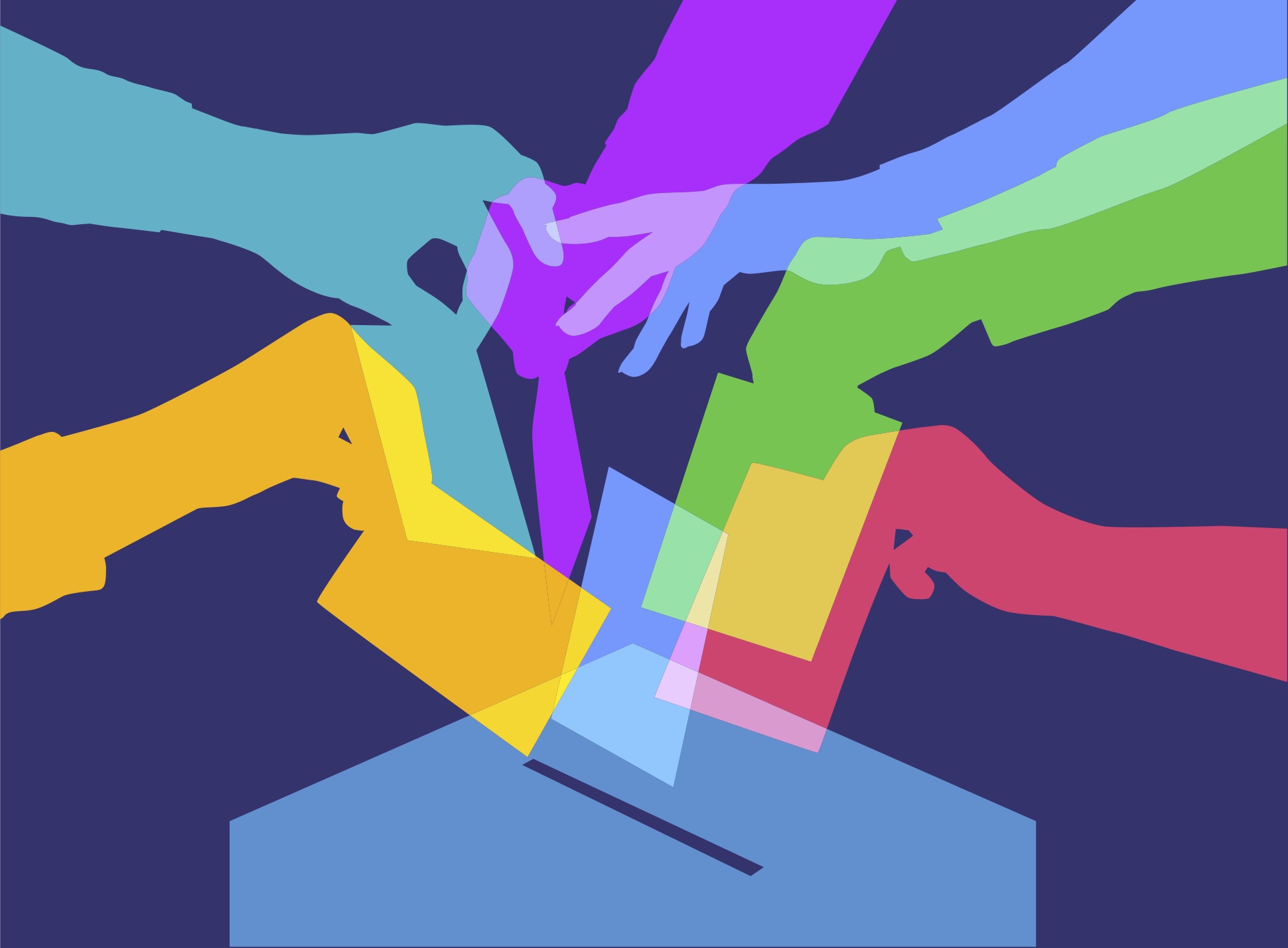
- Teacher: Hacker Philipp
- Teacher: Hanke Stefan
- Teacher: Janczak Jaroslaw
- Teacher: Janotta Johanna
- Teacher: Passoth Jan-Hendrik
- Teacher: Pohl Merle
- Teacher: Wessel Lauri
- Teacher: Wittneben-Fidan Tabea Lara

- Teacher: Wessel Lauri

- Teacher: Hanke Stefan
- Teacher: Wessel Lauri

Project Workshop - WiSe 2020/21
The class is open to all first term students of the MoDE. It offers an analytical frame for discussing and analyzing individual entrepreneurial projects. It provides a space for getting to know each other's projects, for organizing peer learning and for raising awareness of further potential for project development. Every student is expected to prepare a 20 min presentation covering the most defining aspects of the own project. Presentations should, among others, include aspects such as the challenges and opportunities of the digital society, market analysis, innovativeness, necessary resources, and financial sustainability. The class combines an introduction to the idea of the ENS, presentations by founders of profit and non-profit entrepreneurships, and offers first guidance for developing and realizing politically, technically and economically sophisticated projects.
The class meets on Tuesdays, 11am – 1pm in LH 101/2 and via zoom (https://us02web.zoom.us/j/85628742069?pwd=Y2tNUDRVeGNkZHg5Q0dLWDEySjRLdz09, Meeting-ID: 856 2874 2069, Kenncode: 542131)
Points to be discussed in presentation:
Bigger Picture: What are, in your perspective, the relevant challenges and opportunities of the digital society for your project? How does your project relate to those challenges and opportunities? And how does it relate to the overall idea of the ENS, i.e. to its ambition of contributing to the common good?
Market analysis: Which products, competitors and partners exist that offer something similar? What is their relative strength and why should consumers, clients or other addressees choose your offer?
Innovation: where is the innovation in your entrepreneurship? What is new and is not offered by other competitors/ Institutions? Are you offering a new product, a better product or is the way of producing, marketing and distributing innovative?
Resources: What kind of individual human resources with which kind of technical, managerial or other expertise are needed? How do you plan to bring the expertise/ individuals on board? Which technical (hard- or software) resources are needed and do you have the financial means for organizing them?
Finances: how do you plan to earn money/ to collect the necessary financial means for starting and sustaining your entrepreneurship? When do you plan to break even and to want to economically survive until then?
- Teacher: Neyer Juergen

- Teacher: Hanke Stefan
- Teacher: Wessel Lauri

- Teacher: Klinger Ulrike
- Teacher: Trojan Felix

Project Colloquium - Winter Term 2020/2021
Instructor: Prof. Dr. Philipp HackerCourse Description: This course offers ENS students the possibility to present and discuss their individual course projects for the MoDE. More specifically, feedback will be given by peers and by the course instructor in an informal, interactive format. The comments of the course instructor will particularly highlight potential legal challenges that may arise in the realization of the project. Furthermore, the colloquium is meant to provide a platform for students to get to know one another, and their projects, as they start their MoDE track. The course is open to all students of the ENS. No specific prior knowledge is required. The working language for the entire colloquium will be English.Ort: The colloquium will be held Tuesdays from 2 to 4 pm in an interactive, synchronous online format (most likely on Big Blue Button, link in moodle).
Students obtain 3 ECTS credits by giving a presentation, which highlights legal challenges, on their respective projects.
- Teacher: Hacker Philipp

Introduction to the Law and Ethics of the Digital Economy - Winter Term 2020/2021
Instructor: Prof. Dr. Philipp HackerCourse Description: This course will highlight the ethical and legal challenges for emerging and evolving technologies such as Artificial Intelligence (AI), digital platforms, and blockchain. As is well-known, these technologies not only create novel opportunities, but also engender specific risks. The course will address the ethical and the regulatory framework in the EU, with an emphasis on market regulation. In doing so, we will not only ask how regulation constrains digital technologies, but also if technical tools can be harnessed to facilitate ethical and legal outcomes. Weekly workshop formats will leave ample room for an analysis of concrete cases, and for jointly discussing novel solutions to ethical and legal challenges. Hence, we will not only analyze positive law and comment on recent jurisprudence by the CJEU, but also discuss policy strategies to update regulation and to square digital technologies with human autonomy. The course is open to all students of the ENS and forms part of Module A. No specific prior knowledge of law or ethics is required. To qualify for 6 ECTS credits, students need to write one seminar paper comprising 12 pages. In addition, to the extent that it is technically and time zone-wise possible, students are expected to regularly attend the course online and participate in the group exercises/workshop parts (see also next section).
Time and location: The course will be held Thursdays from 11 AM - 1 PM and 2 - 4 PM in an interactive, synchronous online format (most likely on Big Blue Button, link in moodle). Each week, the morning part will introduce novel ideas and concepts, which will be deepened and challenged in a workshop component in the afternoon session. Students who cannot enter the EU and live in a time zone in which a segment of the class (morning or afternoon session) starts before 7 AM or ends after 9 PM local time may opt to watch a recording of the session, which will be made available after each session in due course.
- Teacher: Hacker Philipp
![Course Image STS DissLike - Research Colloquium [Online-Veranstaltung] - WiSe 2020/2021](http://moodle-archiv.europa-uni.de/pluginfile.php/1/theme_maker/defaultcourseimage/1727517572/AdobeStock_316684357.jpg)
STS DissLike - Research Colloquium [Online-Veranstaltung] - WiSe 2020/2021
Science and Technology Studies is an interdisciplinary research field at the intersection of Social Sciences and Humanities on the one hand, Natural Sciences and Engineering on the other. It emerged in the 1970s driven by discomfort with traditional approaches to the Philosophy, History, and Sociology of Science (and Technology, but that took until the 1980s). Instead of focusing on epistemology and ontology, STS researchers started looking at epistemic practices and the agency of material entities; instead of focusing on a history of geniuses and their inventions, STS researchers started looking for failures and workarounds; instead of investigating scientific institutions and value systems, STS researches started to empirically analyze how scientific facts and technologies are practically made in laboratories, offices, and on conferences.
- Teacher: Passoth Jan-Hendrik
![Course Image Key Questions and Concepts in Science & Technology Studies [Online-Veranstaltung] - WiSe 2020/2021](https://moodle-archiv.europa-uni.de/pluginfile.php/374887/course/overviewfiles/vlad-tchompalov-nKNrOZ5MXZY-unsplash.jpg)
Key Questions and Concepts in Science & Technology Studies [Online-Veranstaltung] - WiSe 2020/2021
Science and Technology Studies is an interdisciplinary research field at the intersection of Social Sciences and Humanities on the one hand, Natural Sciences and Engineering on the other. It emerged in the 1970s driven by discomfort with traditional approaches to the Philosophy, History, and Sociology of Science (and Technology, but that took until the 1980s). Instead of focusing on epistemology and ontology, STS researchers started looking at epistemic practices and the agency of material entities; instead of focusing on a history of geniuses and their inventions, STS researchers started looking for failures and workarounds; instead of investigating scientific institutions and value systems, STS researches started to empirically analyze how scientific facts and technologies are practically made in laboratories, offices, and on conferences.
- Teacher: Passoth Jan-Hendrik
![Course Image Digital Sociology: Technologies, Tools, and Theories [Online-Veranstaltung] - WiSe 2020/2021](https://moodle-archiv.europa-uni.de/pluginfile.php/374885/course/overviewfiles/franki-chamaki-z4H9MYmWIMA-unsplash.jpg)
Digital Sociology: Technologies, Tools, and Theories [Online-Veranstaltung] - WiSe 2020/2021
The course offers an introduction into recent approaches to “Digital Sociology”, an emerging field of reflexive and critical accounts focusing on the sociotechnical rearrangements connected to digital infrastructure, platforms, and digital media. After trying to tackle the conceptual and empirical challenges of digital transformations with the classical tools, theories, and methods of sociology in the 1990-2010s, recent approaches have been taking up insights from Science & Technology Studies to contribute to interdisciplinary fields such as Critical Data Studies, Critical Algorithm Studies or FAccT (Fairness, Accountability, Transparency).
- Teacher: Passoth Jan-Hendrik
![Course Image Data Protection Challenges for AI and the Internet of Everything (Colloquium) [Online-Veranstaltung] - WiSe 2020/2021](http://moodle-archiv.europa-uni.de/pluginfile.php/1/theme_maker/defaultcourseimage/1727517572/AdobeStock_316684357.jpg)
Data Protection Challenges for AI and the Internet of Everything (Colloquium) [Online-Veranstaltung] - WiSe 2020/2021
Emerging technologies, like social media, Artificial Intelligence (AI) and the Internet of Everything (IoE), have changed the way we communicate, interact, and live. These technologies, however, not only create novel opportunities. As is becoming increasingly apparent, they raise specific challenges for many legal fields. This seminar puts a spotlight on data protection issues generated by the rise of the IoE and the advent of AI. Throughout, we will not only analyze the GDPR and comment on recent jurisprudence by the CJEU, but also discuss novel policy strategies to square such technologies with data protection and human autonomy.
Students only seeking to qualify for 3 ECTS credits need to give one presentation during the semester and regularly attend the colloquium. Law students wishing to obtain a “fremdsprachliche Zusatzqualifikation” (§ 28 IV Studien- und Prüfungsordnung für den Studiengang Rechtswissenschaft) will, in addition to a presentation and regular attendance, have to pass a 15 minutes oral exam at the end of the course.
Students interested in the class should write an email to hacker@europa-uni.de
The course takes place on Tuesdays, from 11:15-12:45.
- Teacher: Hacker Philipp

Working with digital communication data - WiSe 2020/2021
In this method course, you will receive a Twitter dataset on a political campaign and develop your own small research project based on this data set. We will discuss basic and advanced questions about data access, research ethics and the handling and storing of data, reflect on what research questions can be studied and cannot be studied with the available data, which methods can help to answer what type of research questions and how to get from data to information to knowledge. Participants will go through the whole research process of designing a research project, running analysis, interpreting results, visualizing and presenting their project in the final session.
- Teacher: Klinger Ulrike

From Bullets to Ballots to Bots: Digital campaigning and the US 2020 elections - WiSe 2020/2021
This seminar focuses in the 2020 US presidential election and its institutional process that will span most of the semester – from the election on November 3 to the convention of the electoral college to the inauguration ceremony in January 2021. Based on this case, we will focus on the state of research concerning political campaigns, discussing current theoretical approaches to campaigning, methodological challenges and empirical studies. We will visit different eras of political campaigning, political advertising, the role of platforms, disinformation, bots and trolling in campaigns, gender and campaigning, and much more.
- Teacher: Klinger Ulrike
